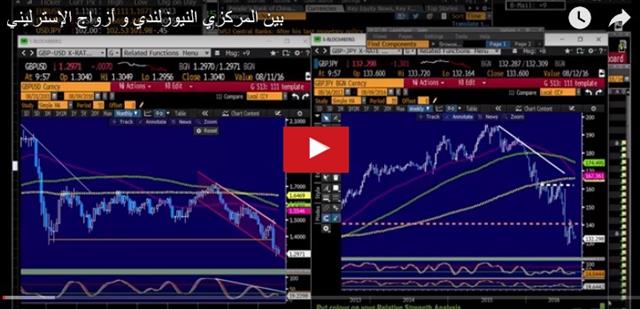Questioning QE Physics
The intellectual foundation of central banking boils down to a simple idea: If interest rates are lower, people will borrow and spend more. We know that's largely true but it may not be entirely true and what it means could have a profound effect on the future of markets. In the Premium Insights, the short DAX trade was allowed to be stopped out, leaving 1 other index trade open, 2 in metals and 4 in FX.
Markets have settled into a bit of an August/Olympic malaise but we will remain on guard for the type of event that jarred markets last August. The theme Tuesday was US dollar weakness as some of the post non-farm payrolls enthusiasm faded, partly because of a very weak productivity report.
A development that didn't get the attention it warranted was the failure of the BoE to meet Tuesday's target of 1.17 billion pounds of purchases, coming 50 million pounds short. Just two days into the new QE program, the failure highlights a lack of easily-accessible QE supply. It's a theme that will be a major preoccupation of the BOJ, ECB and BOE in the year ahead.
More broadly, it may be time to question the limits of monetary policy. Perhaps, like physics, the rules of central banking begin to break down in extreme conditions. With rates at zero, or below zero, maybe consumers and companies begin to do the reverse of what the textbooks say. At some level, it makes for consumers to attempt to save more given expected returns for retirement savings are in the low single digits. Meanwhile, companies can use low rates to issue debt and buyback shares.
The market is telling us something. It hasn't rewarded the latest steps into extraordinary monetary policy from the BoJ, ECB and SNB the way the leaders of those central banks expected. That's likely to be a sign of what's to come. What could truly be a paradigm shift is if central banks admit and accept that they are out of ammunition.
From a career perspective, that would be a dangerous move from a central bank leader. The good news is that it would put the onus and focus back on governments to take action and, ultimately, some type of along those lines is inevitable. The question is whether it happens before or after large-scale debt monetization and currency wars. With Gilt rates hitting 0.58% Tuesday, the BOE failing to find bonds to buy and still almost no one questioning the wisdom of central bank orthodoxy, the answer is clear.
Latest IMTs
-
Gold $5000?
by Ashraf Laidi | Feb 24, 2026 14:21
-
DXY Net Longs
by Ashraf Laidi | Feb 23, 2026 14:20
-
Iran Polymarket & Fed Odds
by Ashraf Laidi | Feb 20, 2026 11:27
-
Gold, Iran & Oil
by Ashraf Laidi | Feb 19, 2026 16:40
-
Trade Already in Profit
by Ashraf Laidi | Feb 17, 2026 18:16








